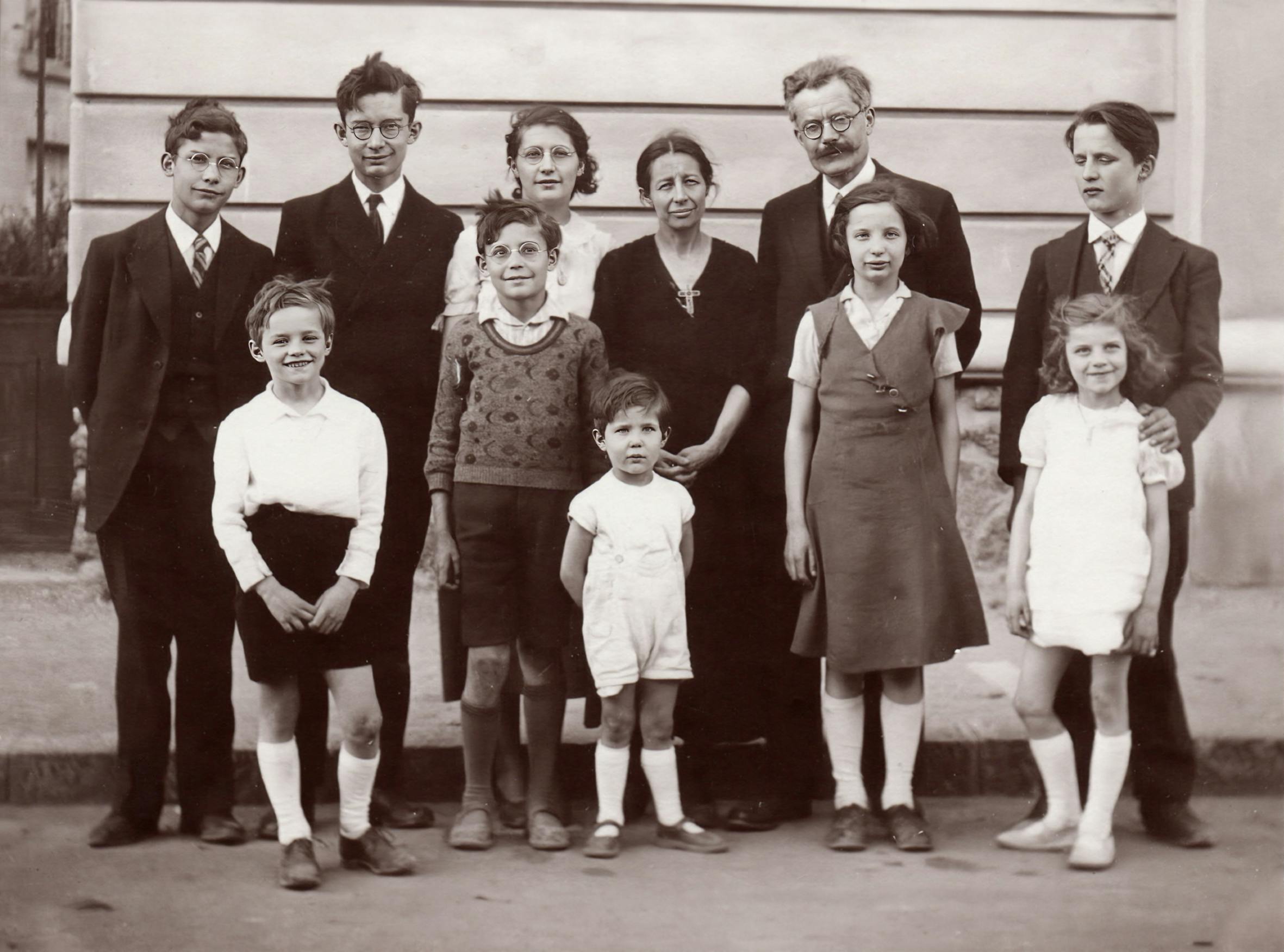
By Peggy Wirgau
The history textbooks that most of us are familiar with were generally written by men, about men. They emphasized the deeds of great kings, emperors, and generals down through the ages, but minimized or failed to mention the vital roles of women. Other than perhaps naming a well-known scientist such as Madam Curie, or the famed Queen Elizabeth I or Marie Antoinette, the history keepers have often ignored the stories of countless women who not only lived through history but were right there shaping it.
Years ago, women’s names were sometimes purposely erased. A male relative might get credit for a woman’s invention or novel. Or a woman’s story was simply not recorded because it was seen as unimportant by society. This often led to people growing up believing that women were minor characters in history, when in reality they often had major roles.
Historical fiction is helping to change those views by bringing to life the stories of women in the past, giving voices to those that might otherwise forever be silent. Authors research what daily life was like for women and how politics or traditions in their society may have limited them. Well-researched historical fiction not only tells the stories of women we never knew; it takes us into the lives of women we thought we knew, such as Ann Boleyn or Marilyn Monroe.
I recently attended the Historical Novel Society International Conference in Las Vegas, which highlighted hundreds of historical fiction authors and their books, with settings ranging from Biblical times through 70s and 80s America. Many of the main characters in these best-selling, excellent novels are women—some known, some lesser known, and some fictional—yet each one depicts a woman in the midst of her world. What was she truly like? What did she want? And what stood in her way?
It’s been said that historians will tell you what happened in history; authors of historical fiction will tell you how it felt. What was it like to suffer through a war, or endure a raging epidemic before a cure was known? How did it feel to be sold into slavery, or be caught in the middle of a natural disaster, or forced to work at a labor camp without knowing what became of one’s children?
Of course, there have been exciting and joyous moments in history as well. What was the experience for those who were there? What did it mean to them and their families? Was it all good? That’s where well-written historical fiction steps in. It gives readers empathy. They not only learn something of what took place, but how it affected people and what it meant. And in turn, they discover more about the mark that women have left on history.
Historical fiction has the power to make the past feel real, and stories of women, real or not, help us to understand the challenges that women faced in various periods of history. It can correct things that may have been left out, or it may shine a light on someone who’s story might have been forgotten or never known.
For example, my debut novel, The Stars in April, is the story of twelve-year-old Ruth Becker and how she aided lifeboat passengers during the sinking of the Titanic in 1912. Her insistence that the ship broke in half before it sank was later proven in 1985, when the Titanic’s remains were discovered. My October release, To Outwit Them All, is the suspenseful tale of the lone female member in George Washington’s Culper Spy Ring during the American Revolution. She skillfully gained the trust of the British military stationed in New York and gleaned intelligence for Washington’s army. Her name is still unknown, yet her contributions were invaluable.
Knowing our true history shapes the way we see ourselves today. And that means uncovering and understanding the incredible role women have always played. No longer are the women of the past ignored. Through the vast number of thrilling and well-researched historical novels available to us today, we are hearing women’s courageous voices once again, and their stories live on.


Peggy Wirgau loves true stories and writes through the eyes of history’s ordinary women who faced extraordinary challenges. Her award-winning debut novel, ‘The Stars In April’, is based on the true story of a twelve-year-old Titanic survivor. Her second novel, ‘To Outwit Them All’, is inspired by the story of George Washington’s Culper Spy Ring which operated during the American Revolution and is told through the eyes of the Ring’s lone female member. A Michigan native, Peggy and her husband reside in Colorado. They have two children and three small, book-addicted grandchildren.
















